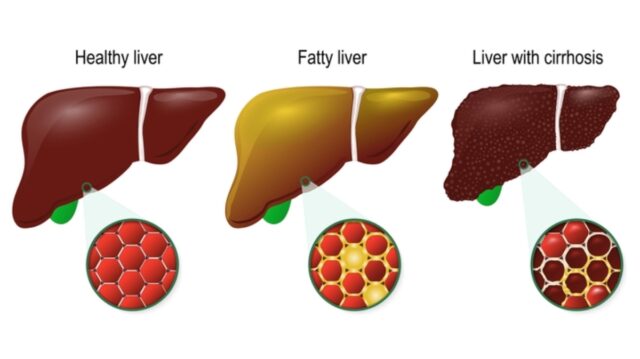Obesity could shorten life by up to 8 years. This was revealed in 2014, a study by McGill University in Montreal, Canada, which determined that the more overweight an individual is when young, the more important the repercussion on their health will be in later years. Obesity and overweight are understood as the excessive accumulation of fat, which tends to be detrimental to the health and well-being of individuals.
Mariela Pacheco, a nutritionist at Hospital Metropolitano, explains that it can shorten people’s life expectancy because they have a higher risk of suffering from cardiovascular diseases, high blood pressure, strokes, prediabetes, insulin resistance, diabetes, dyslipidemia, problems joint, fatty liver, respiratory difficulties or some types of cancer such as breast, ovarian, colon and prostate.

According to the specialist, obesity can also cause problems with fertility, since it produces hormonal alterations and can contribute to irregular periods, ovulation problems, spontaneous abortions and it is more difficult for fertility treatments to work.
Obesity has been a prominent problem in the population in Costa Rica, affecting an average of 6 out of 10 Costa Ricans and getting worse every day. Among its main causes is increased calorie intake, especially those foods high in fat and sugar, sedentary lifestyle, genetic factors, stress, some health conditions, hormonal problems and lack of sleep.
Pacheco recommends that to treat obesity you should:
- Educate the patient
- Do a calorie cut
- Improve food choices and achieve meal planning
- Do physical activity
- Work with a group of specialists
Attending the patient must include a multidisciplinary team that involves the areas of nutrition, psychology and surgery, mainly, making an important difference in the approach.
With regards to surgical procedures, there are two types of interventions:
Gastric sleeve
In this operation, the size of the stomach is reduced by 60-80%. The part that is eliminated contains a hormone called ghrelin that is related to satiety. The absence of this hormone contributes to a person losing weight because they feel fuller.
Gastric bypass
Here the stomach and small intestine are intervened. The size of the stomach decreases, the intestine moves and these two organs are glued together. Weight loss occurs because the stomach is smaller and because part of the intestine is not absorbed.
Both surgeries are minimally invasive and come to help make a hormonal change that impacts the patient’s metabolism and helps to improve or even eliminate some of the conditions mentioned above such as diabetes, sleep apnea, polycystic ovary syndrome, infertility, among others.

